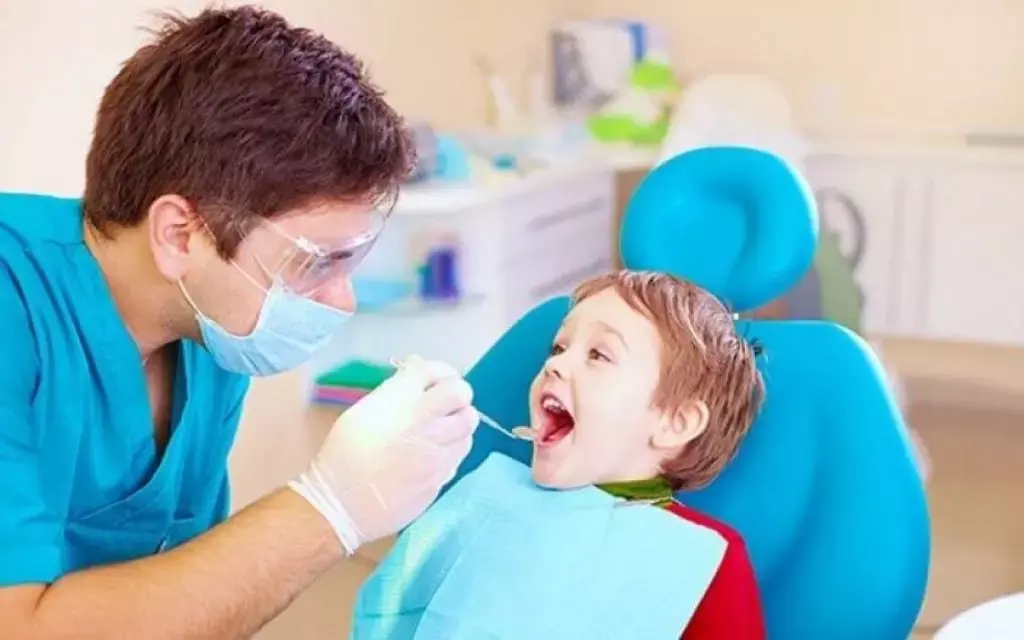- Home
- Medical news & Guidelines
- Anesthesiology
- Cardiology and CTVS
- Critical Care
- Dentistry
- Dermatology
- Diabetes and Endocrinology
- ENT
- Gastroenterology
- Medicine
- Nephrology
- Neurology
- Obstretics-Gynaecology
- Oncology
- Ophthalmology
- Orthopaedics
- Pediatrics-Neonatology
- Psychiatry
- Pulmonology
- Radiology
- Surgery
- Urology
- Laboratory Medicine
- Diet
- Nursing
- Paramedical
- Physiotherapy
- Health news
- Fact Check
- Bone Health Fact Check
- Brain Health Fact Check
- Cancer Related Fact Check
- Child Care Fact Check
- Dental and oral health fact check
- Diabetes and metabolic health fact check
- Diet and Nutrition Fact Check
- Eye and ENT Care Fact Check
- Fitness fact check
- Gut health fact check
- Heart health fact check
- Kidney health fact check
- Medical education fact check
- Men's health fact check
- Respiratory fact check
- Skin and hair care fact check
- Vaccine and Immunization fact check
- Women's health fact check
- AYUSH
- State News
- Andaman and Nicobar Islands
- Andhra Pradesh
- Arunachal Pradesh
- Assam
- Bihar
- Chandigarh
- Chattisgarh
- Dadra and Nagar Haveli
- Daman and Diu
- Delhi
- Goa
- Gujarat
- Haryana
- Himachal Pradesh
- Jammu & Kashmir
- Jharkhand
- Karnataka
- Kerala
- Ladakh
- Lakshadweep
- Madhya Pradesh
- Maharashtra
- Manipur
- Meghalaya
- Mizoram
- Nagaland
- Odisha
- Puducherry
- Punjab
- Rajasthan
- Sikkim
- Tamil Nadu
- Telangana
- Tripura
- Uttar Pradesh
- Uttrakhand
- West Bengal
- Medical Education
- Industry
Workplace non-sharps injuries risk similar for all personnel in dental school

All personnel are at similar risk for a non-sharps injury in a dental school suggests a recent study published in the International Dental Journal
Workplace non-sharps injuries are a common occurrence in a dental school setting. In dentistry, the importance of preventing non-sharps injuries is often overlooked due to emphasis on sharps-related injuries. The aim of this research was to analyse the incidences of non-sharps injuries over an 11-year period in a dental school to identify trends and the possible causative factors for these injuries.
Injury reports lodged with the University of Queensland Workplace Health and Safety databases between 2009 and 2019 were categorised and analysed.
Results of the study are:
- Of 1156 incidents reported, 35.7% (n = 413) were non-sharps injuries, and the most common type of non-sharps injury was general incidents (48.4%, n = 200).
- The most common body site for injury was the hands (19.4%, n = 80), and the most common location where an injury occurred was in clinical patient care (53.8%, n = 222).
- The personnel type most at risk of a non-sharp's injury fluctuated between students and staff throughout the study period.
Thus, all personnel, including students and staff, are at similar risk of experiencing a non-sharps injury within a dental school setting. The equipment and facilities of a dental clinic as well as the level of adherence to safe working procedures are contributing factors. Continuous quality improvement is essential for minimising these injuries.
Reference:
Soyeon Jeon et al. A Retrospective Analysis of Non-Sharps-Related Injuries in a Dental School. International Dental Journal. Volume 72, Issue 4, August 2022, Pages 470-475
Keywords:
All personnel, similar, risk, non-sharps, injury, dental school, International Dental Journal, Acute injury, Dental school, Workplace health, and safety, Soyeon Jeon, Mark Jeffrey, Chong Gwang, hyun Jin Laurence, J.Walsh Jessica, Zachar Sobia Zafar
Dr. Shravani Dali has completed her BDS from Pravara institute of medical sciences, loni. Following which she extensively worked in the healthcare sector for 2+ years. She has been actively involved in writing blogs in field of health and wellness. Currently she is pursuing her Masters of public health-health administration from Tata institute of social sciences. She can be contacted at editorial@medicaldialogues.in.
Dr Kamal Kant Kohli-MBBS, DTCD- a chest specialist with more than 30 years of practice and a flair for writing clinical articles, Dr Kamal Kant Kohli joined Medical Dialogues as a Chief Editor of Medical News. Besides writing articles, as an editor, he proofreads and verifies all the medical content published on Medical Dialogues including those coming from journals, studies,medical conferences,guidelines etc. Email: drkohli@medicaldialogues.in. Contact no. 011-43720751


